Vitamin Index
Select a vitamin
Select a vitamin to better understand what each of the nutrients, vitamins, and minerals do for our body and find out the easiest way to get the Recommended Daily Intake (RDI) of each into your diet.
Vitamin A
700µg a day for men. 600 µg for women
A
Read more Read lessThiamine
1mg a day for men. 0.8mg for women.
B1
Read more Read lessVitamin B12
1.5μg
B12
Read more Read lessRiboflavin
1.3mg a day for men. 1.1mg a day for women.
B2
Read more Read lessNiacin
16.5mg a day for men. 13.2mg a day for women.
B3
Read more Read lessPantothenic acid
N/A (No amount is set in the UK for how much pantothenic acid you need)
B5
Read more Read lessPyridoxine
1.4mg a day for men. 1.2mg a day for women.
B6
Read more Read lessBiotin
N/A (No amount is set in the UK for how much biotin you need)
B7
Read more Read lessFolate
200μg
B9
Read more Read lessVitamin C
40mg
C
Read more Read lessCalcium
700mg
Ca
Read more Read lessChromium
25μg
Ch
Read more Read lessCopper
1.2mg
Co
Read more Read lessVitamin D
10μg
D
Read more Read lessVitamin E
4mg a day for men. 3mg a day for women.
E
Read more Read lessIron
8.7mg a day for men. 14.8mg a day for women.
Ir
Read more Read lessVitamin K
1μg for each kilogram of body weight
K
Read more Read lessMagnesium
300mg a day for men. 270mg a day for women.
Mg
Read more Read lessManganese
N/A (No amount is set in the UK for how much manganese you need)
Mn
Read more Read lessPhosphorus
550mg
Ph
Read more Read lessPotassium
3,500mg
Pt
Read more Read lessSelenium
75μg a day for men. 60μg a day for women.
Se
Read more Read lessSodium chloride
6g of salt (2.4g sodium)
So
Read more Read lessZinc
9.5mg a day for men. 7mg a day for women.
Z
Read more Read lessSelect a vitamin
Select a vitamin to better understand what each of the nutrients, vitamins, and minerals do for our body and find out the easiest way to get the Recommended Daily Intake (RDI) of each into your diet.
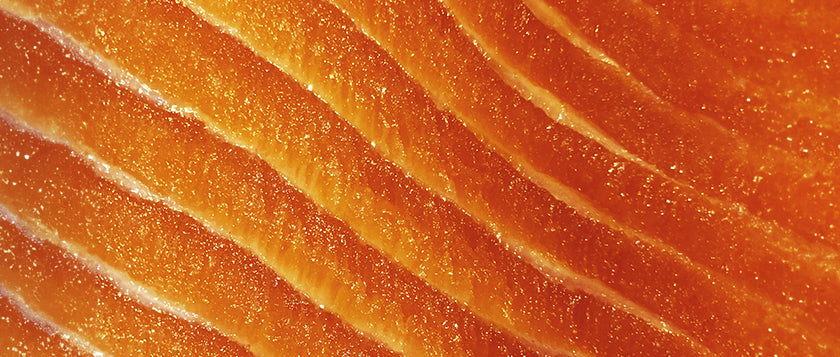
Vitamin A
A
Micrograms
600~700
Getting your RDI

Salmon

Mackerel

Carrot juice

Sweet potato

Kale
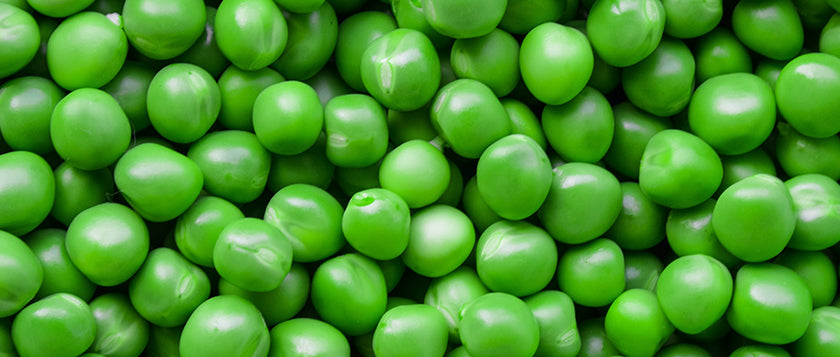
Thiamine
B1
Milligram
0.8~1
Getting your RDI

Salmon

Pork shoulder

Bran flakes

Cornflakes

Green peas
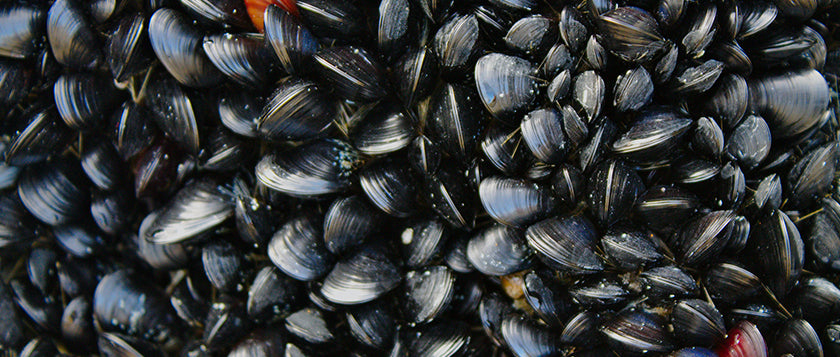
Vitamin B12
B12
Micrograms
1.5
Getting your RDI

Tuna

Mackerel

Mussels

Fortified cereals
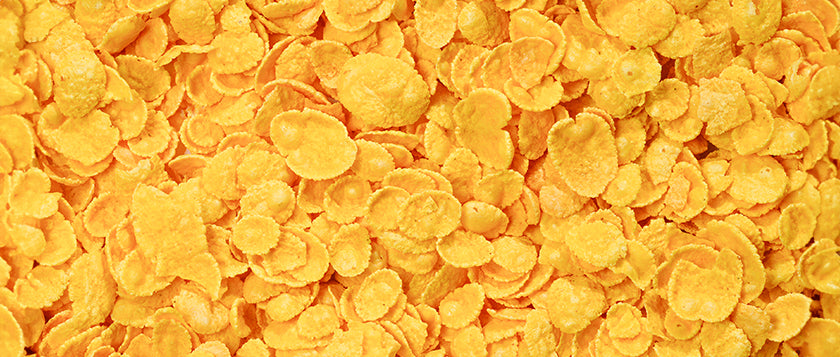
Riboflavin
B2
Milligrams
1.1~1.3
Getting your RDI

Salmon

Cow’s milk

Cornflakes

Soy milk
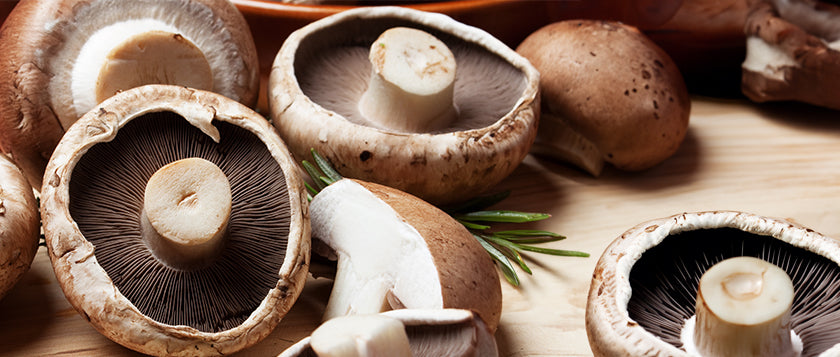
Niacin
B3
Milligrams
13.2~16.5
Getting your RDI

Chicken breast

Salmon

Turkey

Portobello mushrooms
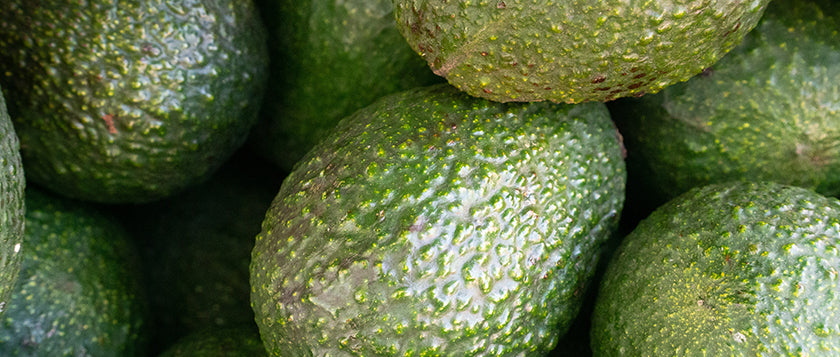
Pantothenic acid
B5
Getting your RDI

Chicken

Beef

Eggs

Avocados

Mushrooms
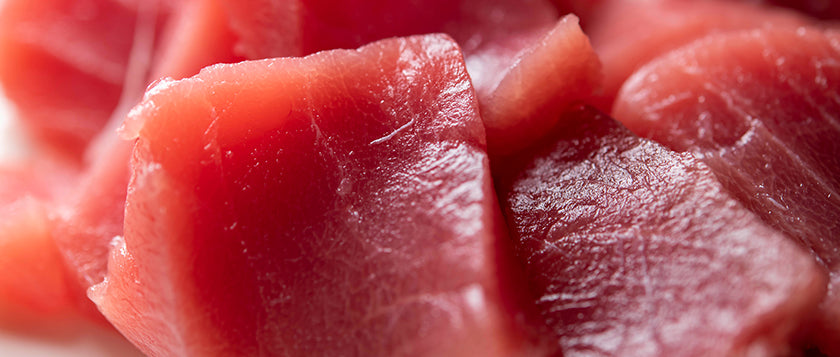
Pyridoxine
B6
Milligrams
1.2~1.4
Getting your RDI

Tuna

Salmon

Beef

Carrot juice

Bananas
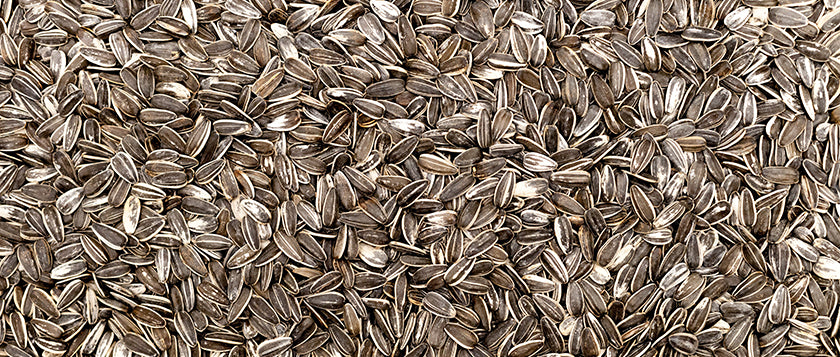
Biotin
B7
Getting your RDI

Eggs

Salmon

Avocados

Sweet potato

Seeds
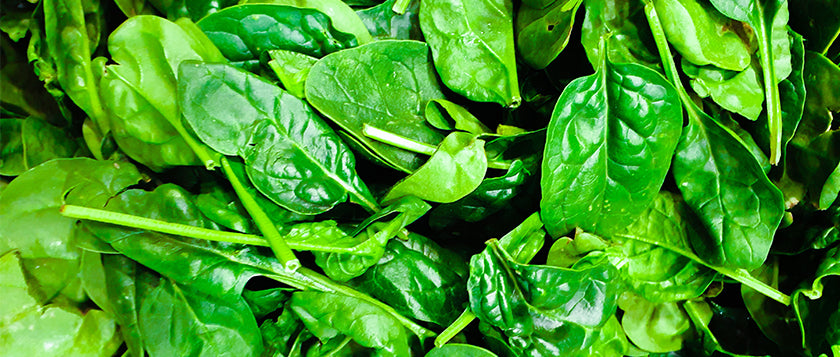
Folate
B9
Micrograms
200
Getting your RDI

Spinach

Lentils

Asparagus

Broccoli
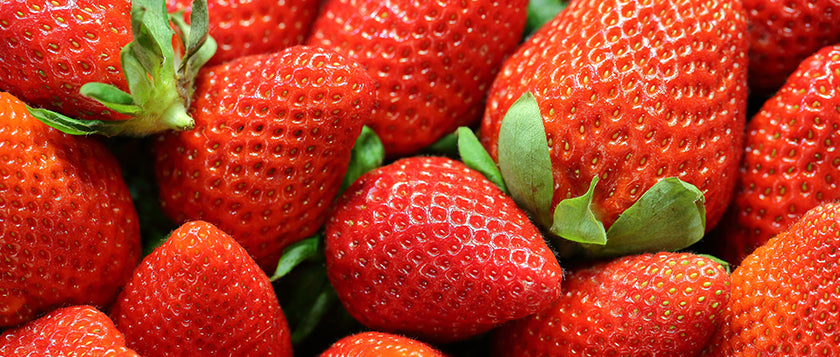
Vitamin C
C
Milligrams
40
Getting your RDI

Strawberries

Blackcurrants

Yellow bell peppers

Orange juice

Calcium
Ca
Milligrams
700
Getting your RDI

Cow’s milk

Cheddar Cheese

Almonds

Kale
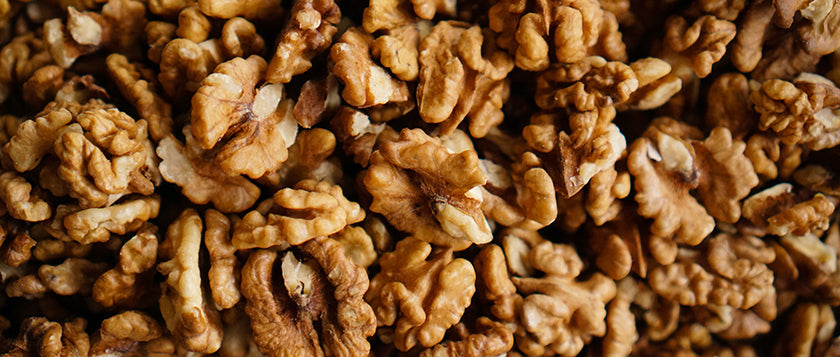
Chromium
Ch
Micrograms
25
Getting your RDI

Beef

Nuts

Cereals

Grains
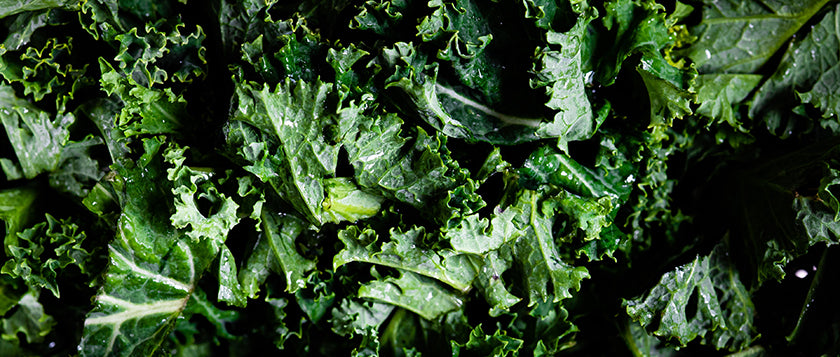
Copper
Co
Milligrams
1.2
Getting your RDI

Beef liver

Shiitake Mushrooms

Kale

Spirulina

Vitamin D
D
Micrograms
10

Vitamin E
E
Milligrams
3~4
Getting your RDI

Trout

Prawns

Sunflower seeds

Almonds

Avocados
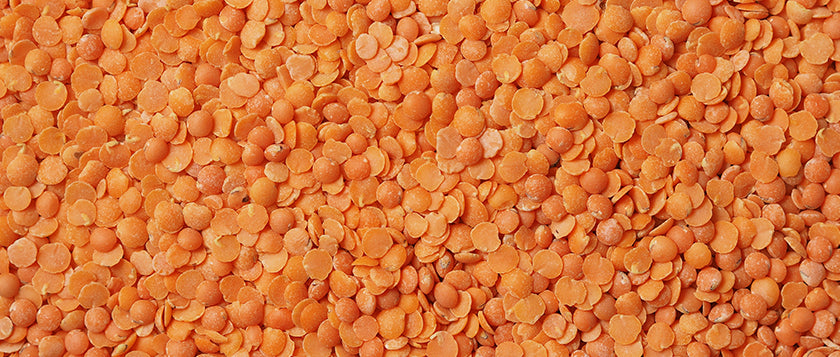
Iron
Ir
Milligrams
8.7~14.8
Getting your RDI

Yellow beans

Lentils

Soybeans
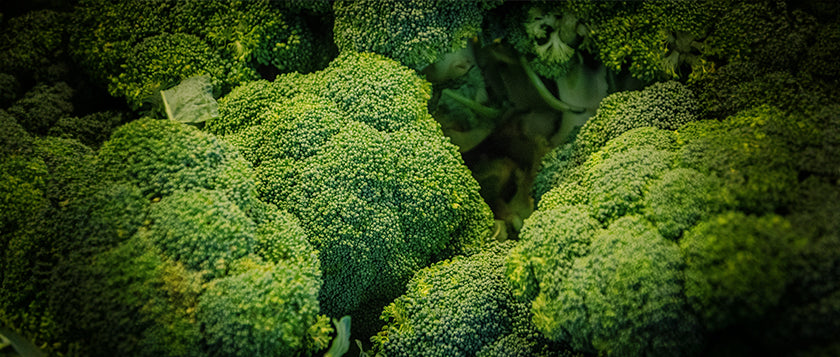
Vitamin K
K
Micrograms
1
Getting your RDI

Kale

Broccoli

Spinach
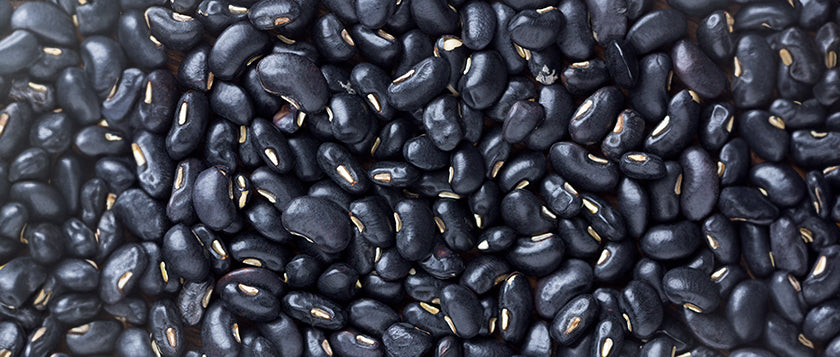
Magnesium
Mg
Milligrams
270
Getting your RDI

Mackerel

Black beans

Yellow beans
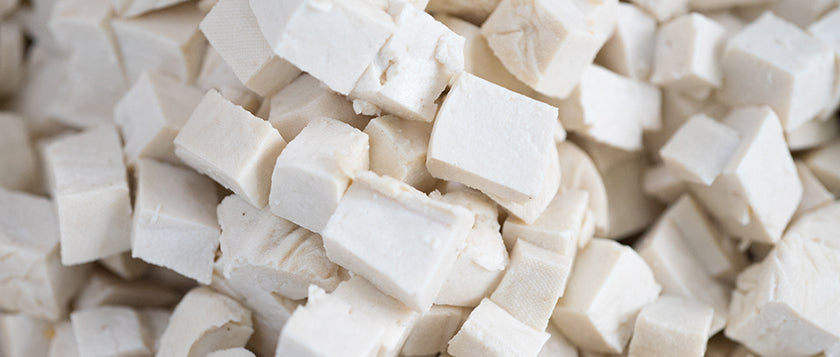
Manganese
Mn
Getting your RDI

Tofu

Bread

Nuts

Brown rice
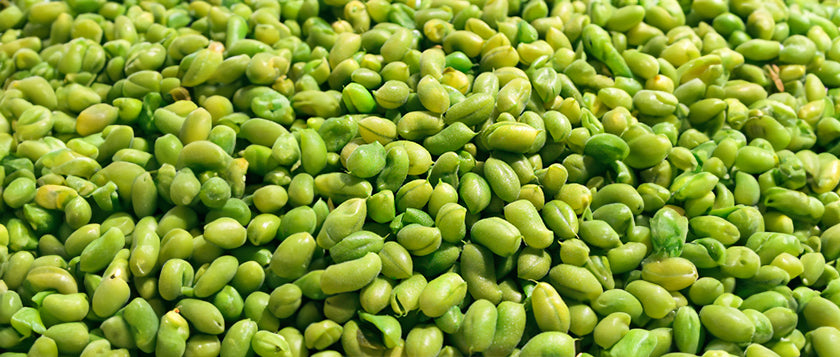
Phosphorus
Ph
Milligrams
550
Getting your RDI

Yellow beans

Edamame beans

Lentils
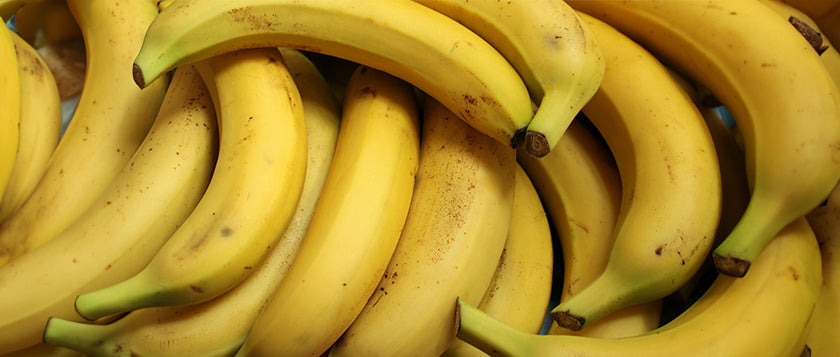
Potassium
Pt
Milligrams
3,500
Getting your RDI

Bananas

Baked potatoes

Edamame beans
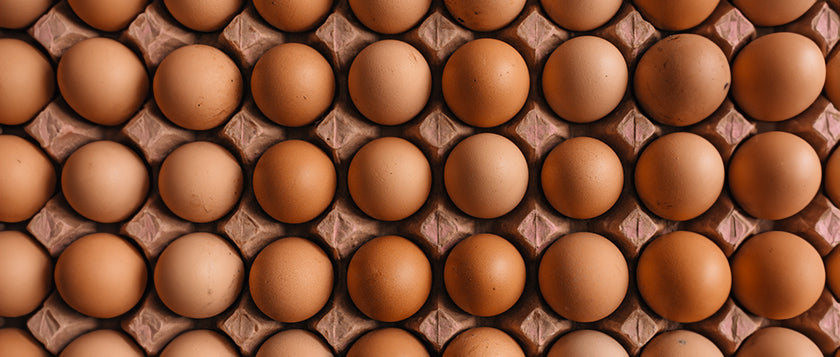
Selenium
Se
Micrograms
60~75
Getting your RDI

Mussels

Eggs

Wholewheat bread

Brazil nuts
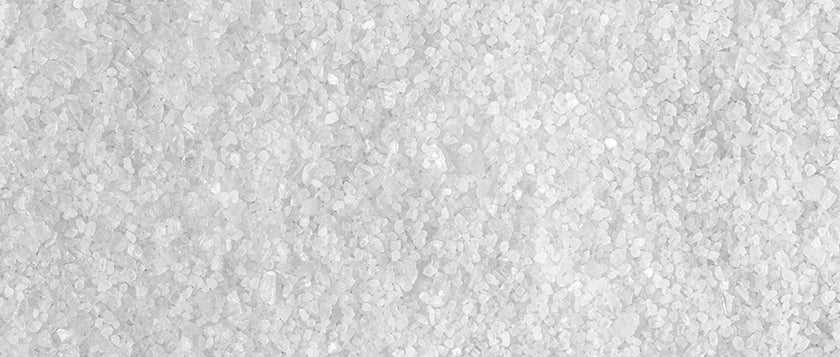
Sodium chloride
So
Grams
6
Getting your RDI

Salt
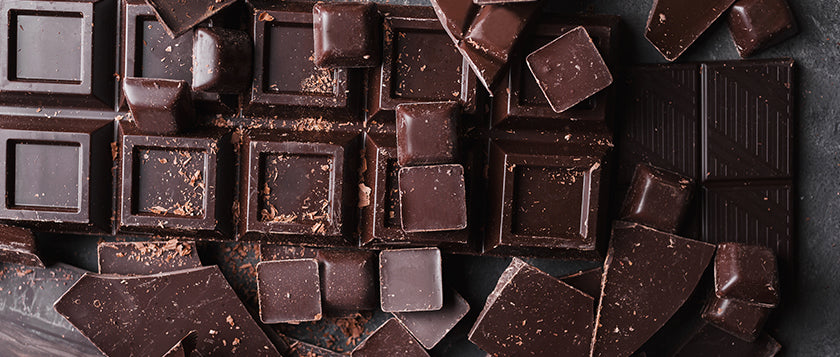
Zinc
Z
Milligrams
7~9.5
Getting your RDI

Beef

Oysters

Dark chocolate















